Award ceremony
On 7 December 2022, at the European Innovation Council Summit in Brussels, the European Commission announced the winners of the eighth edition of the European Capital of Innovation Awards (iCapital). Supported by the European Innovation Council under Horizon Europe, the prize recognises the role cities play in shaping the local innovation ecosystem and promoting game-changing innovation. Read more about the winners of the two award categories and the jury members.
The European Capital of Innovation
|
Winner: Aix-Marseille-Provence Métropole (France) Aix-Marseille-Provence is the second largest metropolis in France. Created in 2016, this young organisation is made-up of 92 municipalities, ranging from very small villages to big cities like Marseille. The local authority manages the territory’s ecological transition and is in charge of strategical fields such as public transport, waste management, water treatment, urban planning, economic development and environmental protection. |
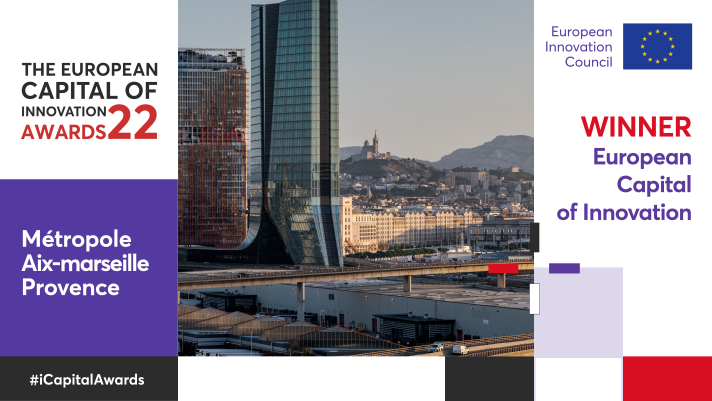
|
|
Second place: Espoo (Finland) "A city with a culture for creating the kind of innovation the world needs: Espoo is an epicentre of systemic innovation on the Finnish coastline next to Helsinki. Its 300,000 inhabitants churn out roughly 60% of Finland’s patents – the fourth highest number per capita among all cities in Europe. Their message is not about spearhead projects or even processes. It is about a legacy that will enable today’s youth and future generations to overcome increasingly systemic challenges. Espoo’s story can spearhead a wider European culture of radically collaborative human-centred innovation" - Jukka Mäkelä, Mayor, City of Espoo |
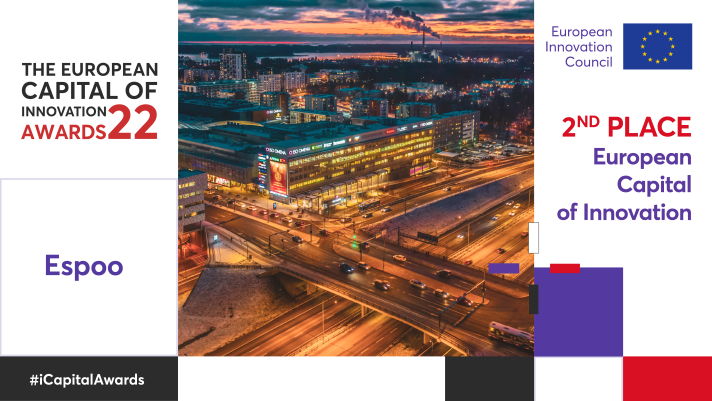 |
|
Third place: València (Spain) València, the European city that drives innovation with a single purpose: to improve people’s lives and understands innovation as a collective journey, rather than an individual destination. Generation after generation, Valencian citizens have inherited a shared mission that has turned Valencia into a city which has been able to reinvent itself and prove its resilience in the face of any event. It has social and collective innovation and its ability to anticipate has helped it to overcome any challenge that has come its way. |
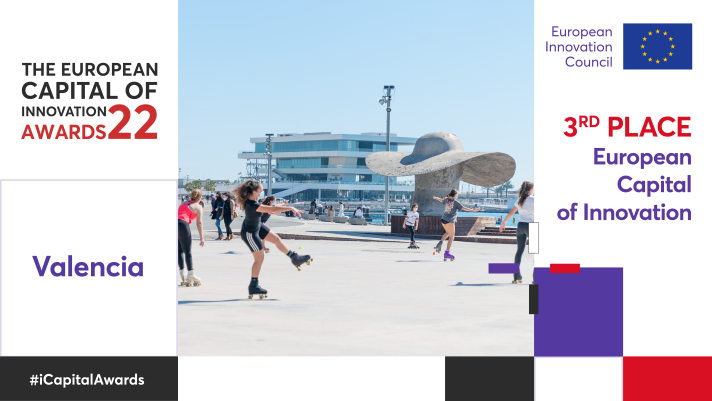
|
The European Rising Innovative City
|
Winner: Haarlem (Netherlands) Haarlem is a beautiful historical city situated in the West of the Netherlands, in the heart of Europe with a strong sustainable and social ambitions. The city has a lot of ambitions and challenges such as an aim to procure 100% circular in 2030, 100% natural gas free in 2040, 100% climate neutral in 2050, sustainability and achieve EU Green Deal goals, different social and economic challenges. Until 2030, the city aims to build 10,000 homes in a pleasant, green neighborhoods. |
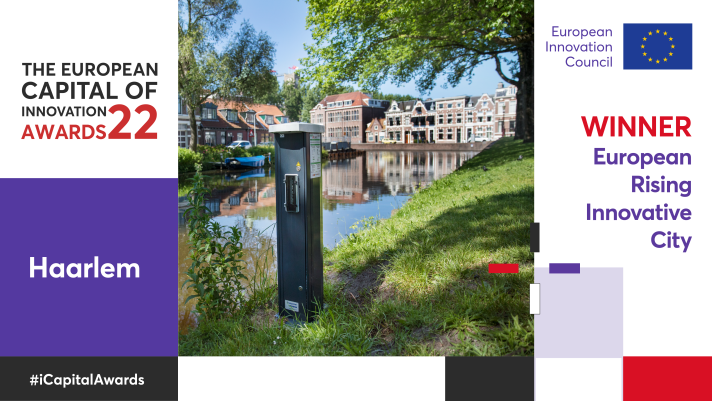
|
|
Second place: Mainz (Germany) Mainz is a city with ecosystems that work together in a people-centric approach to tackle the challenges of today and tomorrow. Their entrepreneurial spirit is based on a supporting environment for diverse and innovative ideas, enabling them to shape the future. |
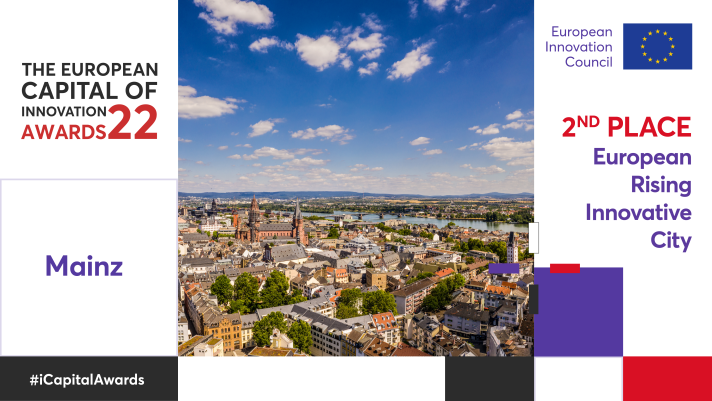
|
|
Third place: Aveiro (Portugal) Aveiro is considered a digital cluster and a territory of innovation and over the past 3 years, through Aveiro Tech City initiative, the city implemented a new technological revolution with the adoption of 5G and IoT infrastructures that drastically improved the local innovation ecosystem, and also promoted different activities to leverage the shortage of digital skills. |
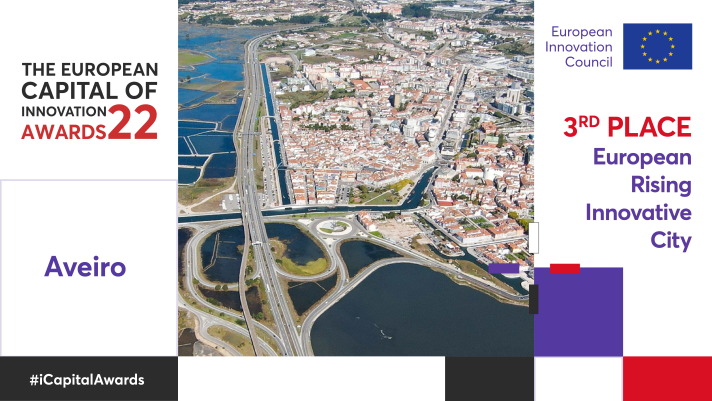
|
Jury Members
The European Capital of InnovationPierre-Alexandre Balland Pierre-Alexandre Balland is a French economist and one of Europe’s leading experts on complex systems, the future of cities, artificial intelligence and blockchain technologies. He is a Professor at Utrecht University and previously held positions at MIT and UCLA. He is a Visiting Professor at the Center for Collective Learning of the Artificial and Natural Intelligence Toulouse Institute and a research fellow at the Center for Complex Systems Studies. Pierre-Alex is also a high-level policy expert that currently serves in the ESIR group to advise the European Commission on innovation policy. |
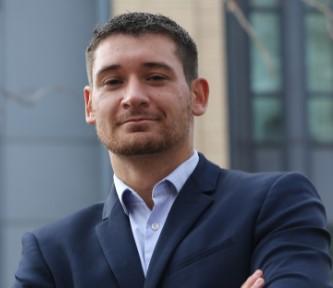 |
|
Anna Lisa Boni Anna Lisa Boni is Deputy Mayor for EU and Recovery funds, ecological transition, climate neutrality, and international relations for the City of Bologna. She has been secretary general of EUROCITIES for over 7 years, representing the voice of over 200 big cities across Europe, and globally has 30 years of professional experience in EU public affairs, in the field of local and regional government, successfully working for a stronger recognition of cities’ challenges within the European agenda. She has a Master’s degree from the University of Bologna in political science, and from the University of Leuven in European studies. |
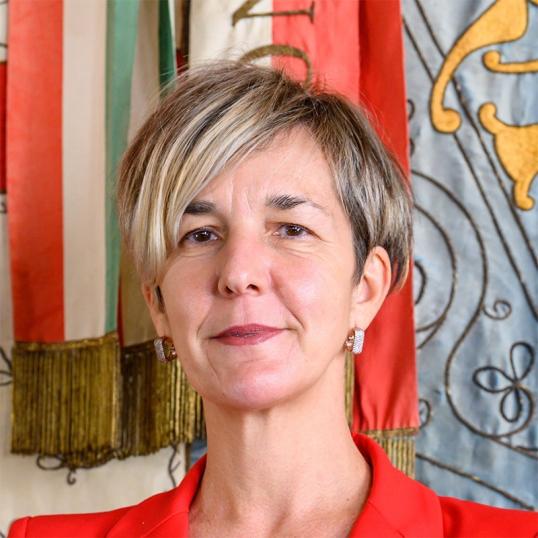 |
|
Arturo Holuigue de la Vega Arturo Holuigue de la Vega is a chemist by training and works as part of the city management team of the Lord Mayor of the City of Dortmund (European Capital of Innovation 2021), where he is responsible for citywide strategy and policy planning. After several positions in politics, administration, and industry in Germany and abroad, he has now been working in Dortmund since 2015 to develop new strategies, processes and projects with stakeholders from across the city, region, Germany and Europe. |
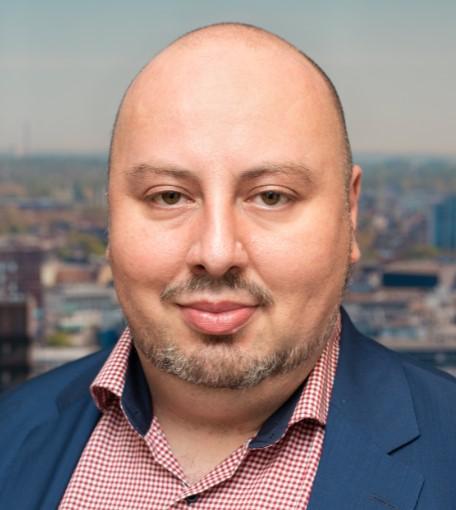 |
|
Gemma Ginty Gemma is an Architect based in Ireland. For the past 15 years, she has supported cities, businesses, and universities tackle their service and spatial challenges. She has led international teams of designers, researchers and technologists developing innovation strategies for integrated urban environments. She is an advocate for sustainability and believes design can advance the difficult challenges that cities and societies face. |
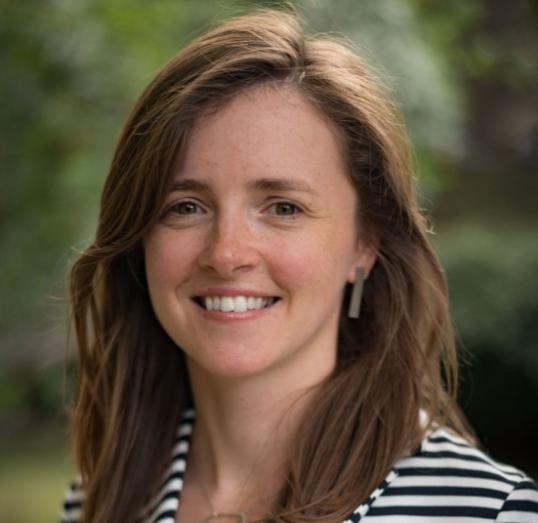 |
|
Levente Polyak Levente has worked on urban regeneration programmes for the New York, Paris, Rome, Vienna and Budapest municipalities. He taught at MOME and BME (Budapest) and TU Wien, was visiting fellow at Columbia University and the ENSA Paris-Malaquais and holds a PhD in Sociology from the Central European University. He is member of KÉK (Budapest) and editor of the Cooperative City magazine. With his organisation Eutropian (Vienna-Rome-Budapest), he supports public administrations and citizen initiatives across Europe in creating new partnerships, cooperation processes, spatial development projects and new governance models. |
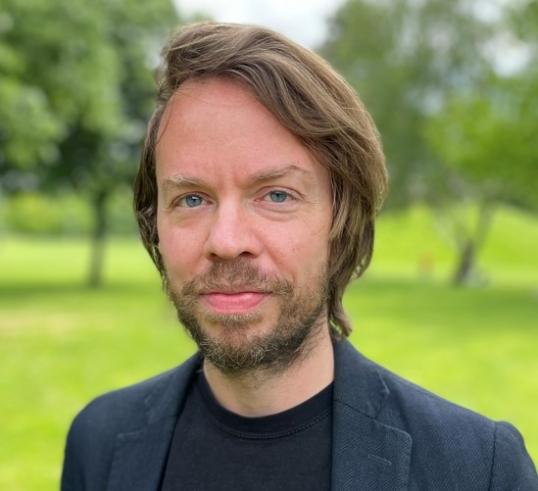 |
The European Rising Innovative CityMariliinu Ahlström She is project office manager in the city of Vantaa (Rising Innovative city 2021). In her role, she is responsible for: boosting projects as key tools in urban city development context, increasing the quantity and quality of EU-funded development projects in the city area, building effectiveness with external and internal networks and enhancing innovative development and ideas. |
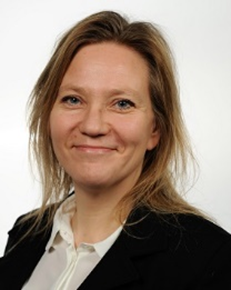 |
|
Petra Arends-Paltzer Dr. Petra Arends-Paltzer is an experienced banker and lawyer, specialised in digitalisation. She is the founder of the Davos Digital Forum, an annual think tank dealing with the issues of digitisation of cities and municipalities. She is also a proven expert in the field of Legal Tech, as founder of www.swisslegal.tech and https://rechtdigital.eu. For these efforts she received in 2018 the award “Woman of Legal Tech 2018” and in 2020, the "European Woman of Legal Tech" award. |
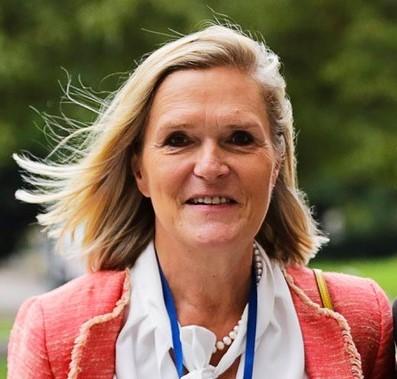 |
|
Josep Miquel Piqué Josep Miquel Piqué is a Telecommunication Engineer from La Salle and MBA. He is Doctor on Ecosystems of Innovation from Universitat Ramon Llull. He holds also diplomas from Massachusetts Institute of Technology (MIT) and University of California-Berkeley. He is the Founding President of XPCAT (Catalan Network of Science Parks), Vice-President of APTE (Spanish Network of Science Parks) and XVII President of IASP (International Association of Science Parks and Areas of Innovation). |
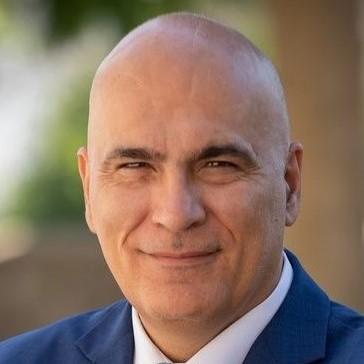 |
|
Frans-Anton Vermast He is a global expert in searching for novel appliances and services that make cities and their regions an inclusive society and a more habitable place for people to live, work and play in. He is also specialised in citizens engagement and governance- and finance models to facilitate collaboration in a double triple helix. He is a guest lecturer at Ecole Nationale d'Ingénieurs de Tunis, Leiden University, Radboud University Nijmegen and Universities of Applied Sciences of The Hague and HAN. |
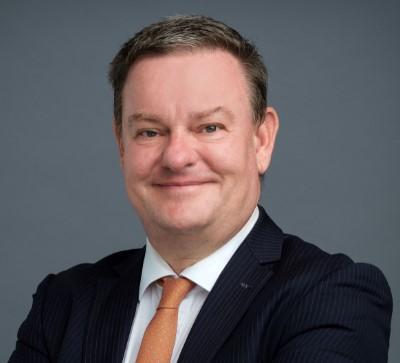
|